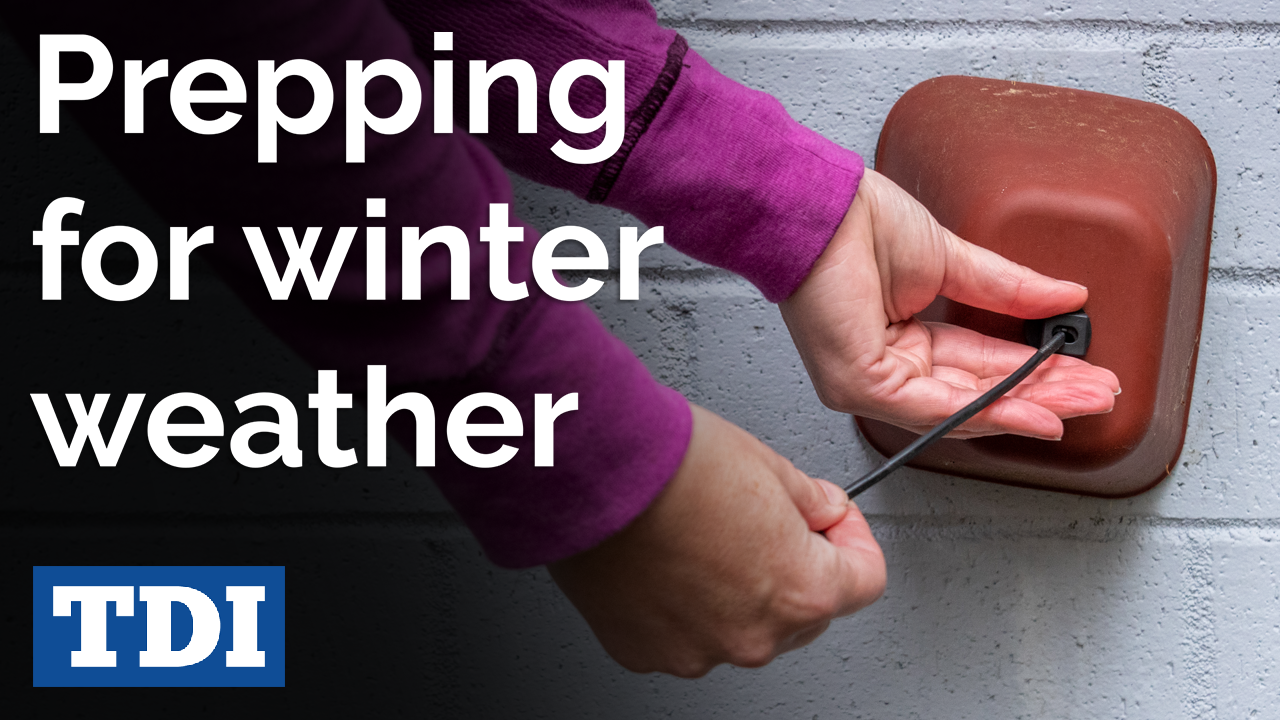-
Know your coverages
Burst pipes. Ask your agent if your home or renters policy covers sudden and accidental water damage. This coverage pays for damage from burst pipes. Flood insurance doesn’t pay for damage caused by burst pipes.
Home and renters policies might not pay for damages caused by frozen pipes if you didn’t take steps to protect your pipes, such as keeping the heater on in your house.
Food spoilage. If the food in your refrigerator spoiled because of a power failure caused by something your policy covers, your policy should pay up to $500 to replace your food. And often there’s no deductible. Take pictures and keep a list of spoiled food.
-
Prepare days before a freeze
- Wrap outdoor and indoor pipes in unheated areas (like a clothes washer in your garage).
- Remove water hoses and wrap outdoor pipes.
- Drain and turn off your lawn sprinkler system.
- Turn off the water to your clothes washer if it’s in an unheated garage.
- Store your lawn equipment in a garage or shed to keep them in good condition for next year. Drain the gas.
- If you leave your house before a freeze, turn off the water at the shutoff valve and leave your heat on.
-
Protect your pipes when it freezes
- Open cabinets under sinks to let your house’s heat warm the pipes.
- If your pipes freeze, turn off the water at the shutoff valve. This prevents broken pipes from leaking into your house after they thaw.
- Let faucets drip from the cold and hot taps or run water through your indoor faucets – hot and cold -- before you go to sleep. Follow your local government’s instructions, which may limit water usage.
Resources
- How to make your house winter ready
- Using a generator after a storm? Stay safe from carbon monoxide
- Space heater safety: Tips to prevent fires
- What to know about winter fire safety
- 5 tips for winter driving
- Steps to getting your home or car insurance claim paid.
- Are your water pipes ready for winter? (podcast)

